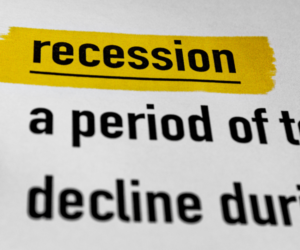
The Growing Trend of Home-Sharing: A Solution for Affordable Housing?
If you’re a Gen X woman, the word “roommate” might conjure up memories

If you’re a Gen X woman, the word “roommate” might conjure up memories

You’ve likely heard about the changes to the original SECURE Act of 2019,

If you’ve ever looked at your married friends and assumed that they have

I’m just going to say it: some people think that those who work

In our last blog, you likely saw yourself in one of

If you’ve turned on the news any time during the last few months,

I live in the beautiful state of Colorado. We experience glorious snow for

The number of single people in the US is on the rise. According

We’re moving into vacation time when many of us start slowing down and

"I guide women towards mastering their finances. Everyone's dreams are different; I help my clients pursue theirs through education and direction."


